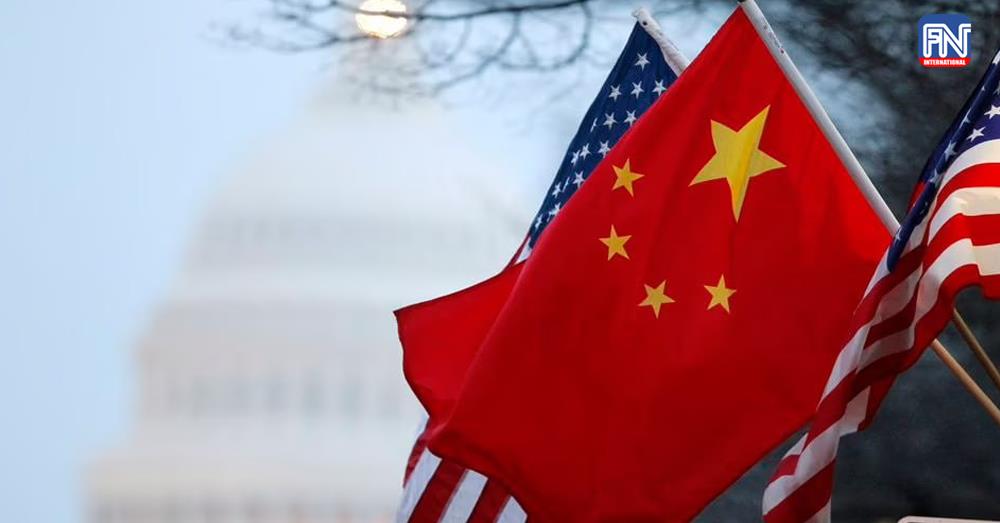WASHINGTON, March 29 (Reuters) - The White House urged China on Wednesday not to use a "normal" stopover in the United States by Taiwan's president as a pretext to increase aggressive activity against Taiwan.
John Kirby, the White House national security spokesperson, told reporters that Taiwan President Tsai Ing-wen's arrival soon in the United States is the latest in a series of routine transits.
"The Peoples Republic of China should not use this transit as a pretext to step up any activity around the Taiwan strait," he said.
"We're mindful that things are tense right now" between the United States and China, Kirby said, but he urged Beijing to keep lines of communication open.
China claims Taiwan as its own and has vowed to bring the democratically governed island under its control, by force if necessary.
Speaking in Taipei on Thursday, Taiwan National Security Bureau Director-General Tsai Ming-yen said such transits had taken place for many years.
"Taiwan has the right to communicate with the international community during this process. I hope that the Chinese communists will not overreact," he told reporters.
Kirby said Washington still wants to reschedule a trip to Beijing by Secretary of State Antony Blinken that was postponed when a suspected Chinese spy balloon passed over the United States and was shot down by a U.S. fighter jet.
Tsai is transiting through New York and Los Angeles as part of a trip to and from Guatemala and Belize, returning to Taipei on April 7.
Tsai's first U.S. transit since 2019 and her seventh since taking office in 2016 is expected to include a meeting with U.S. House of Representatives Speaker Kevin McCarthy in Los Angeles on her return from Central America next month. It would be the first meeting on U.S. soil between a House speaker and a Taiwanese leader, and the prospect has angered Beijing.
China responded to a visit last August to Taiwan by former House Speaker Nancy Pelosi with large-scale war games around the island.
Tsai's transits will come at a time when U.S. relations with China are at what some analysts see as their worst state since Washington normalized ties with Beijing in 1979 and switched diplomatic recognition from Taipei.
Taiwan is China's most sensitive territorial issue and a major bone of contention with Washington, which, like most countries, maintains only unofficial ties with Taipei. The U.S. government, however, is required by federal law to provide the island with the means to defend itself.
